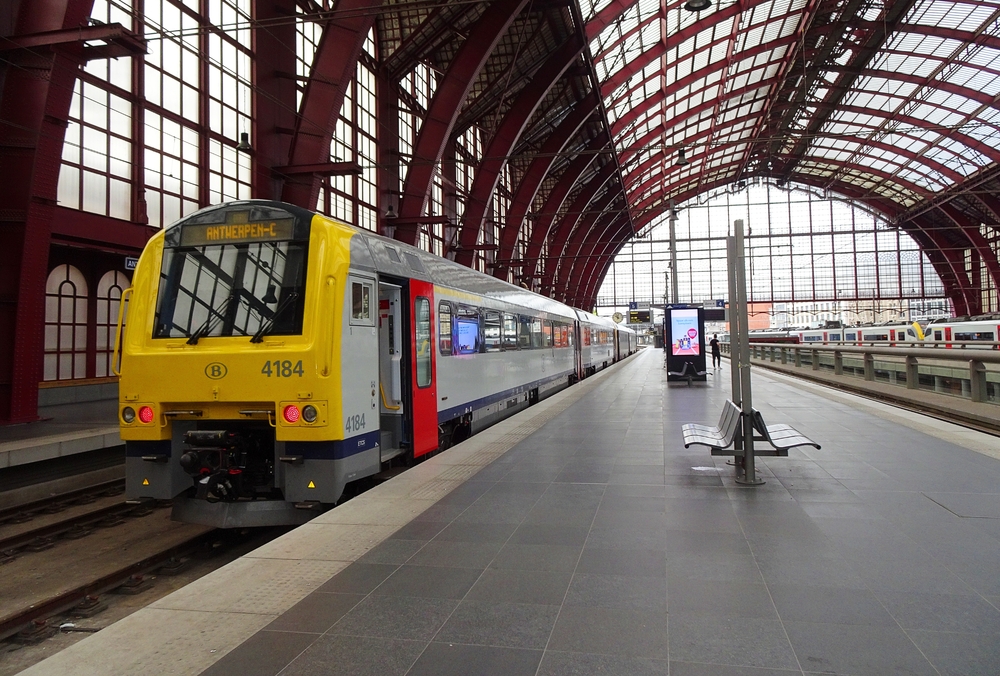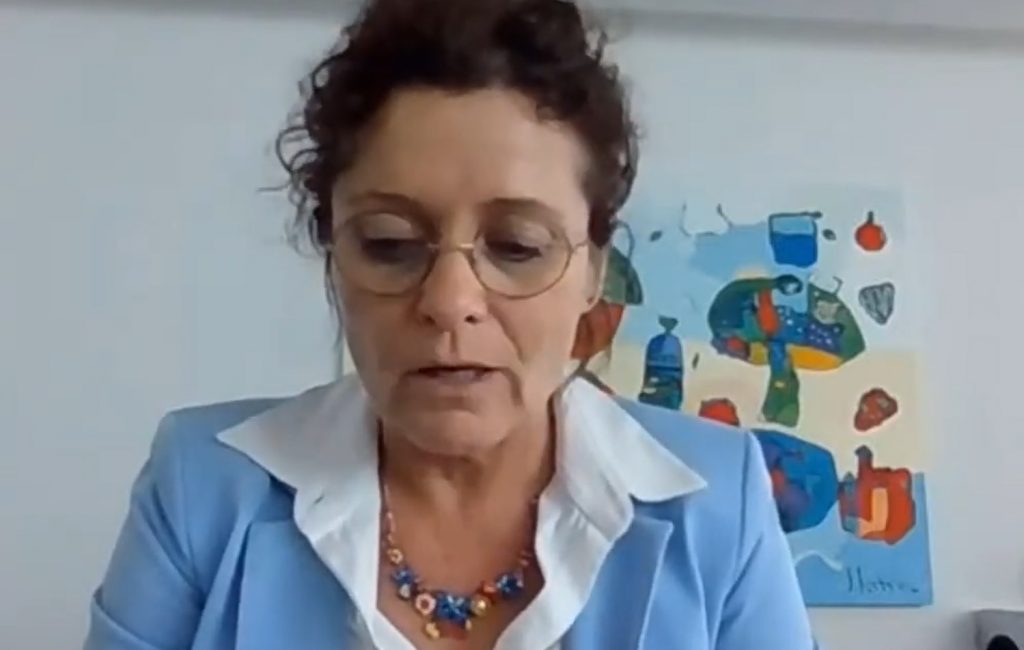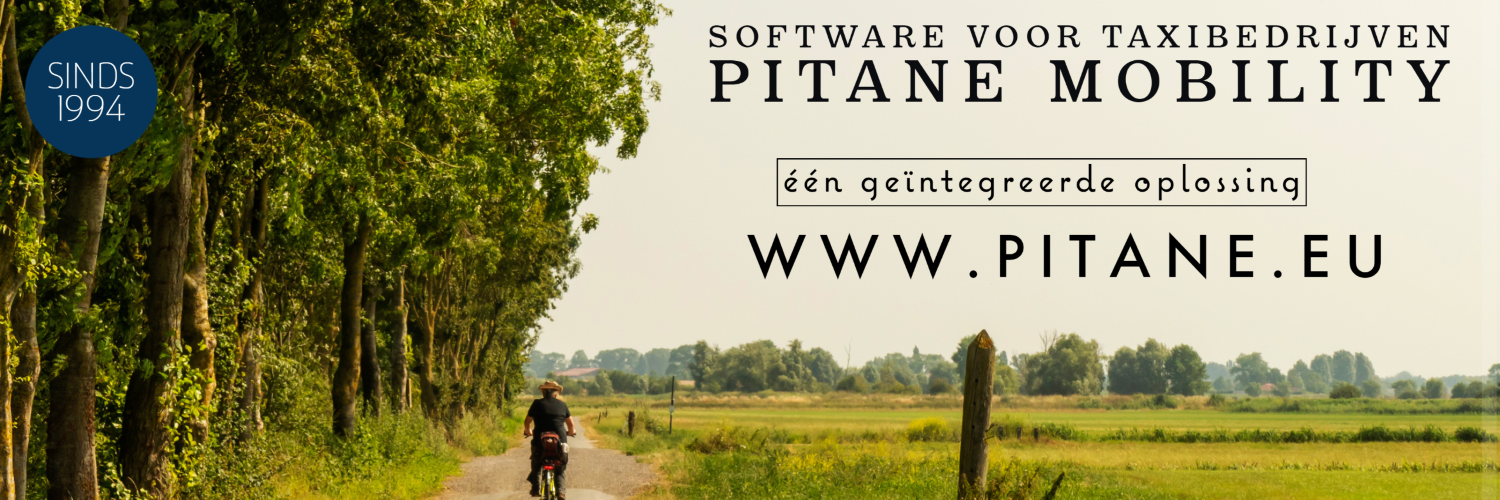She understands that real change also requires a shift in mindset.
Lydia Peeters, born and raised in the borough of Dilsen-Stokkem Lanklaar, is a respected politician in Belgium. She has built a reputation as a staunch defender of mobility and public transport. Her ambition and determination in this area are remarkable, but the road to improvement and growth is not without challenges. In this article I mainly describe her dedication and the obstacles she has overcome in her pursuit of a more efficient, accessible and environmentally friendly public transport system in Belgium.
Peeters, a member of the liberal party Open Vld, has an impressive career in politics, holding several ministerial posts, including the Ministry of Mobility and Public Works. She has always been a fervent advocate for the reform and modernization of the Belgian public transport system. She inherited the political microbe from her father, who was alderman in Dilsen-Stokkem between 1982 and 1994 and also mayor for a short time. Lydia Peeters studied law at the Catholic University of Leuven, after which she started working as a lawyer at the bar of Tongeren and Hasselt.
challenges
One of the biggest challenges Peeters faced is financing. Public transport is a costly business, especially when it comes to the introduction of new technologies and infrastructure. Peeters has worked hard to obtain the necessary budgetary support, both at national and European level. Its tenacity in advocating investment in public transport has yielded a number of significant victories, including the approval of major budget plans for the modernization of Belgium's rail system.

As minister, she wants to work on smooth, safe and sustainable traffic for all road users in the coming years.
Another challenge Peeters has faced is resistance to change. She has faced opposition from both the public and other politicians, with arguments ranging from economic concerns to concerns about the potential inconvenience of large-scale reforms. However, Peeters has embraced this resistance as an opportunity for dialogue and education. When Lydia commits herself to something, she goes for it 200%. She has focused on highlighting the benefits of sustainable public transport, such as improved air quality, reduced traffic and economic growth through the creation of new jobs.
Peeters has also tackled the technological challenges of the digitization of public transport. She has championed innovative solutions, such as the implementation of ticketing apps and real-time public transport information, significantly improving the accessibility and ease of use of public transport.
local politics
Peeters is not only known in national politics as a 'hard-working backbencher' and as someone who profiled himself with dossiers related to spatial planning. In Dilsen-Stokkem, Lydia is known as a folksy, solid and hard-working politician who is close to the people. She was elected mayor four times. In 2018, Open Vld became the largest party in Dilsen-Stokkem for the fourth legislature in a row, with just under 35%, and even won a seat. Mayor Lydia Peeters herself collected more than 2.500 preferential votes.
The road to sustainable and efficient public transport is certainly not an easy one, but Lydia Peeters has proven time and time again that she is not afraid of a challenge. Her dedication and determination have made her an important voice in the fight for better mobility and public transport in Belgium. Under Peeter's leadership, Belgium has made steady progress towards a more sustainable and accessible public transport system. She has worked tirelessly to promote collaboration between public and private entities to develop innovative and efficient solutions.
In addition, Peeters has worked on inclusiveness in public transport, paying attention to the needs of people with reduced mobility. She has supported several initiatives to improve the accessibility of public transport, such as the installation of wheelchair-friendly buses and trams and the improvement of the accessibility of stations.

She understands that real change also requires a shift in mindset. That is why she has also focused strongly on education and awareness, participating in several campaigns to promote the use of public transport and highlight the negative impact of excessive car use.
One of Peeters' greatest achievements is to promote the use of electric buses in Belgian public transport. This was a particularly challenging undertaking given the high cost of electric vehicles and the need for new infrastructure to support them. But with her strategic leadership and compelling arguments about the long-term benefits of electric buses, she not only secured a comprehensive financing plan, but also gained the public and political support needed to achieve this goal.
intermodality
Despite the numerous challenges, Peeters has also worked on the integration of different modes of transport. This means that travelers can easily transfer between trains, buses and trams with a single ticket or a centralized payment system. This 'intermodality', as she calls it, is an essential step towards a truly efficient and user-friendly public transport system.
Another challenge that Peeters has worked tirelessly to address is the gap between urban and rural public transportation. It has ensured that investments and reforms not only benefit urban residents, but also those in more remote and rural areas. She believes that public transport is a right for all citizens, regardless of where they live.
She has made it clear that a robust and efficient public transport system not only eases traffic and provides accessibility for all citizens, but can also significantly reduce CO2 emissions.
In light of the challenges of the 21st century, such as the climate crisis and the need for a more inclusive society, Lydia Peeters has shown that determination, vision and courage are essential in leadership. Her work has not only contributed to an improved public transport system in Belgium, but has also shown how politicians can play a crucial role in tackling bigger problems.



